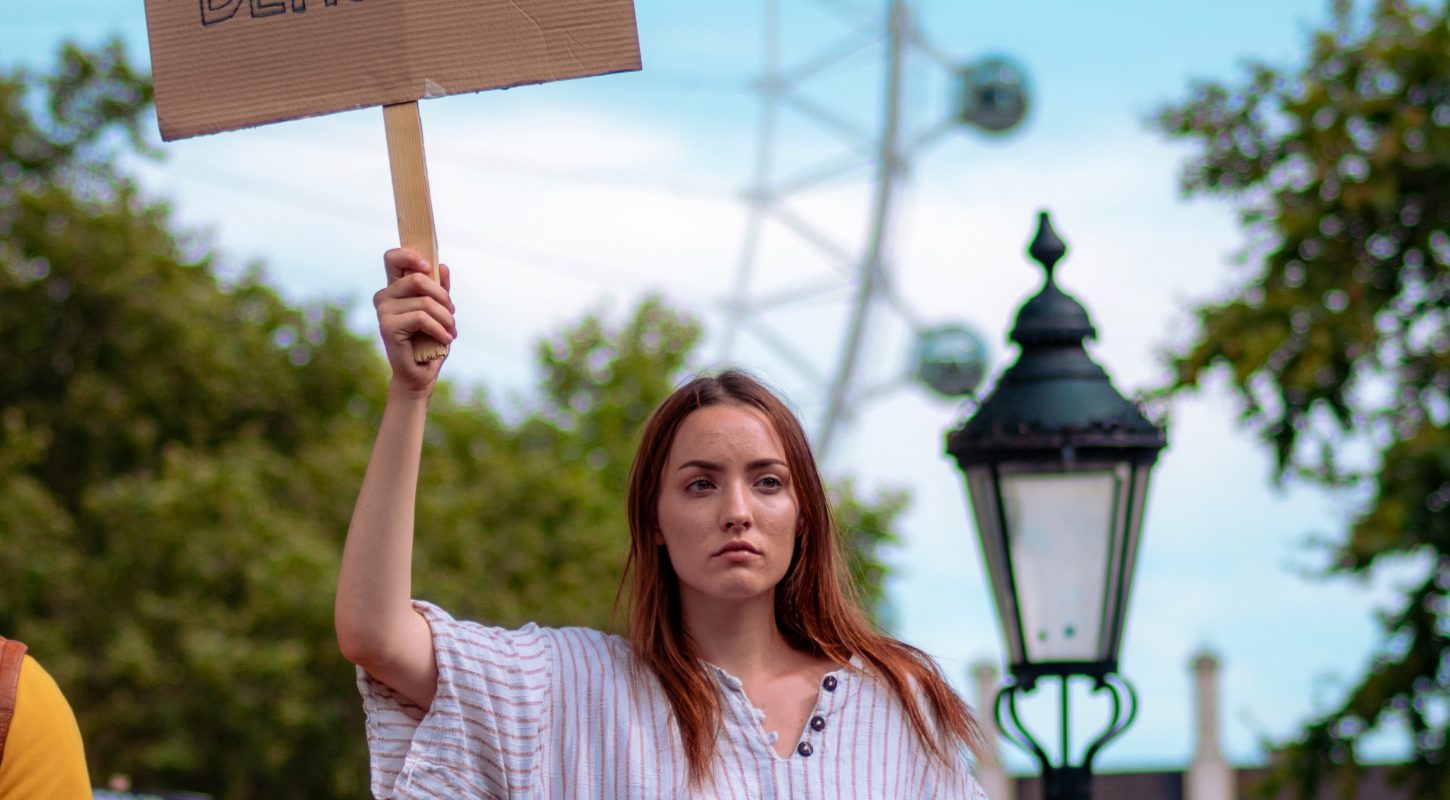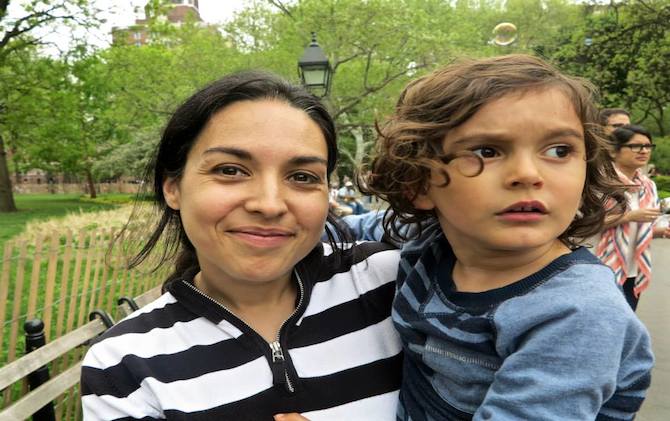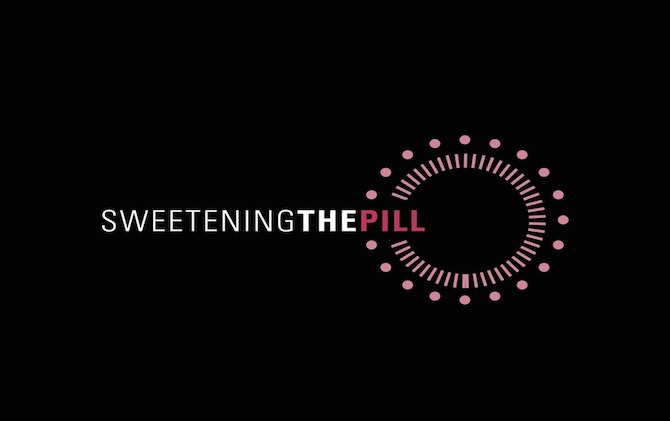Voters across the country have already begun to cast their ballots, and between now and November 3, over a hundred million Americans will exercise their right to vote. But amidst an election with so much at stake, our process faces unprecedented threats. We are holding this election during a pandemic. Voters are facing new and terrifying suppression and intimidation tactics across the country. And rather than making easier and safer, elected officials in all too many states are making it harder for many voters —especially voters of color—to participate in their democracy.
This pandemic, which has disproportionately affected communities of color, poses not just a public health threat, but also a threat to our ability to hold free and fair elections. Many voters are uncomfortable in person given the pandemic and, as a result, the option to vote by mail has become critical. In spite of this, five states will not allow voters to vote by mail unless they have a specific reason for doing so — and concerns about contracting COVID-19 do not count. Many other states will throw out mail ballots if they are not received by Election Day – in Florida, for example, tens of thousands of ballots were thrown out in the recent August primary. And many states will disqualify mail ballots based on other technicalities. In North Carolina, for instance, Black voters are more than twice as likely to have their votes thrown out for technical errors, like missing signatures, or missing witness information. Nobody should be forced to choose between their health concerns and their fundamental right to vote, and it is critical for voters to make a plan to cast their ballot and ensure that they are in compliance with all requirements for their state.
The increased reliance on mail ballots will also result in a delay in when we will learn the election results in many states. For instance, in some states (including Pennsylvania and Wisconsin), absentee or mail ballots will not be processed before election day, and it may take many days to get results. And in Ohio, full results from mail-in ballots won’t be released until ten days after the election. It is important for everyone to be patient and understand that we will not have final results on November 3, and we may see shifts in the results as election officials count mail ballots.
In addition, many voters will be confronted with frightening forms of voter intimidation this year. A few weeks ago, Black voters in Detroit and other cities were bombarded with racially charged robocalls telling them that, if they voted by mail, their personal information would be shared with law enforcement to “track down old warrants” and they would be added to a list for “mandatory vaccines.” These lies were designed to suppress Black voters and the Michigan Attorney General filed charges against the alleged perpetrators. Earlier this year, a group of demonstrators waving confederate flags accosted voters outside an early location in Chatham County, North Carolina. And just last week, a group of demonstrators waved oversized flags and screamed at voters trying to cast their ballots at an early site in Fairfax County, Virginia – and may have even blocked voters from accessing the poll site for part of the day. These intimidation tactics are not new, but they are occurring with increased frequency and ferocity. Let’s be clear, the right to vote is preservative of all of our rights and voter intimidation is not only illegal, it is a threat to us all individually and to the very democracy that has been the core of our nation’s strength since its founding.
This election also has additional importance because 2021 will be a redistricting year. In most states, state elected officials who prevail this November will take the lead in drawing district lines for their own legislative districts, as well as those for U.S. Congress, which will be used for the next ten years. (A number of states have independent redistricting commissions that remove elected officials from this process.) Although most media attention has been focused on the Presidential campaign and other federal races, state legislative races are especially significant.
All too often, instead of fair district maps, politicians draw unfair maps, or gerrymanders, that are manipulated to serve their own political goals. Communities of color are frequently harmed by these tactics. Sometimes, communities are cracked into multiple districts so that members of those communities are unable to elect candidates of their choice. Sometimes, voters in particular communities are packed into one or two districts, so they are unable to influence the electoral outcomes in other districts and their overall political representation is diminished. As a result of gerrymanders, communities of color will often suffer from reduced or no representation in local, state, or federal government.
The best way for all of us to defend our democracy is to participate in our democracy. You can take three critical steps today to help do your part for our democracy.
First, make sure that you, your family, your friends, and your neighbors are registered to vote. You can check your registration at www.vote.org. And if you, or anyone you know, are not registered to vote, be sure to register immediately.
Second, make a plan to vote for yourself and help your family, your friends, and your neighbors make their own plans. Early has begun in some states, and many states will allow you to request an absentee or vote-by-mail ballot. Some states also have early voting, curb-side voting, or other options that may be convenient. You can learn more about the options in your state here. Do not delay – if you plan to vote by mail, submit your request in today, return your ballot as soon as possible, and take your time to make sure you carefully follow all of the instructions on the ballot and the envelope. Track your ballot to make sure it is counted.
Third, consider signing up to be a poll worker. We are facing a record shortage of poll workers this year due to COVID-19, and we desperately need people to help make sure our polls are open and that our elections are run in a safe, fair, and efficient way. You can sign up here.
Janell Byrd-Chichester is the Director of the Thurgood Marshall Institute and Michael Pernick is an LDF Law Fellow at the NAACP Legal Defense and Educational Fund, Inc. (LDF). Since its founding in 1940, LDF has used litigation, policy advocacy, public education, and community organizing strategies to achieve racial justice and equity in the areas of education, economic justice, political participation, and criminal justice. Throughout its history, LDF has worked to enforce and promote laws and policies that prohibit voter discrimination, intimidation, and suppression and increase access to the electoral process.
Photo by Fred Moon on Unsplash
I came across kind lifer Michelle's story and wanted to share it with yo…




